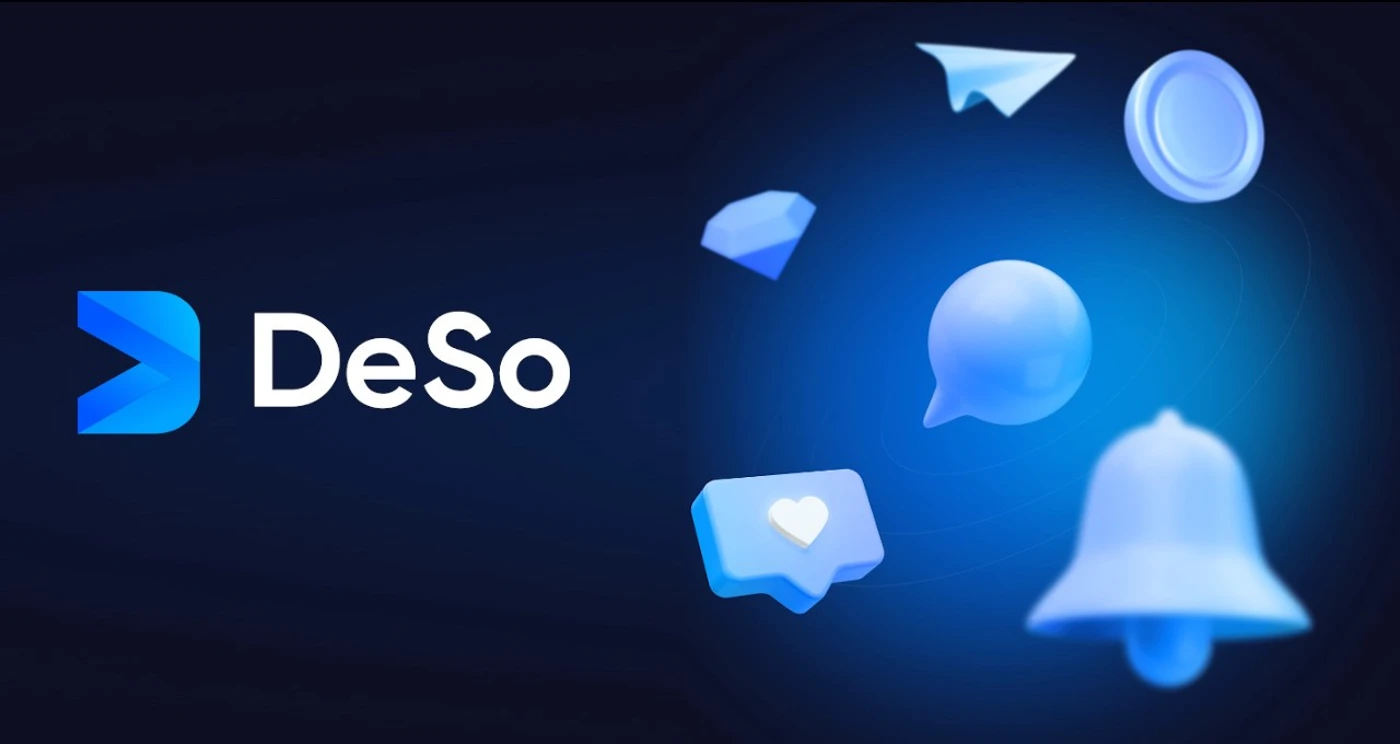Today, social media is controlled by a few private companies. But that could change in the future as Web3 wallets like MetaMask expand to include social identity and social interactions.
As the industry’s first illustration of this, a new MetaMask integration with the DeSo blockchain, backed by Coinbase, Sequoia, Andreessen Horowitz, and others, effectively turns the MetaMask wallet into a full-fledged decentralized social network.
MetaMask users can now message each other using end-to-end encrypted on-chain messages that do not require gas fees. This allows them to communicate without worrying about the cost of using other blockchains.
With this integration, a MetaMask user can send an encrypted message to someone currently on Uniswap. That user will receive the message thanks to DeSo. A user on OpenSea can leave a comment on an NFT, and that comment will show up on other platforms where that NFT is listed, like Rarible, SupeRare, etc.
Why is DeSo the right choice for this integration?
“Existing blockchains cannot store content efficiently,” says Nader Al-Naji, the founder of DeSo.
“It costs about $50 to store a 200-character Tweet on Ethereum, and about fifteen cents to store it on Solana, Avalanche, or Polygon. In contrast, DeSo is one ten-thousandth of a cent, making it the first blockchain capable of disrupting storage-heavy applications like social,”
DeSo also plans to integrate with Phantom on Solana next.
“It’s not our goal to be tied to a single chain,” says Al-Naji.
“DeSo is a cross-chain solution that allows people to connect no matter what ecosystem they’re a part of. DeSo is a unified social layer for all of web3,” he says.
“DeSo is the first and only blockchain that allows developers to build social apps where you can’t even tell you’re on a blockchain,”
“That means, for the first time, we have a shot at finally expanding web3 from disrupting finance to disrupting the trillion-dollar social media industry.”



